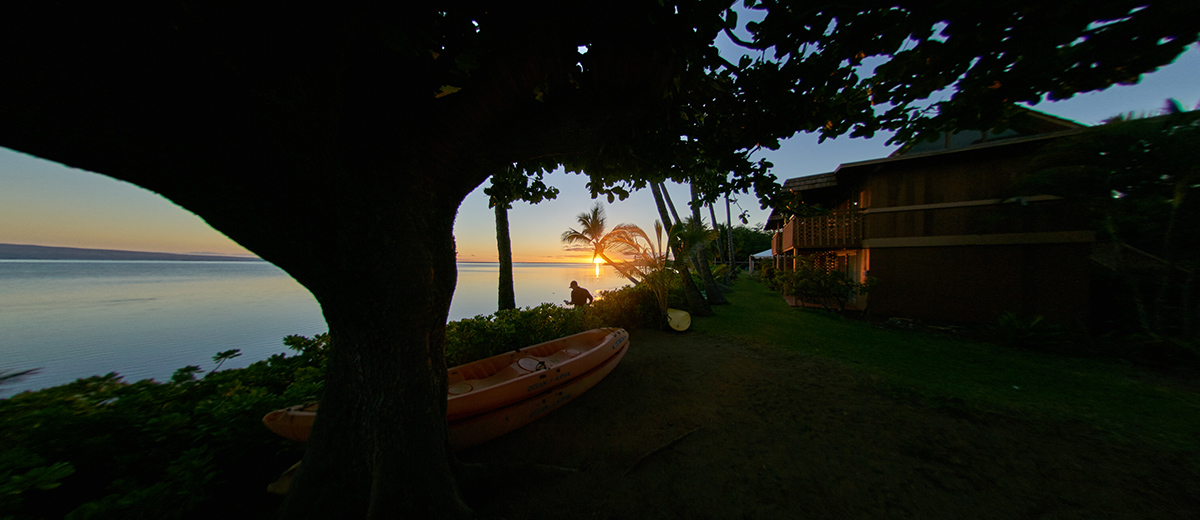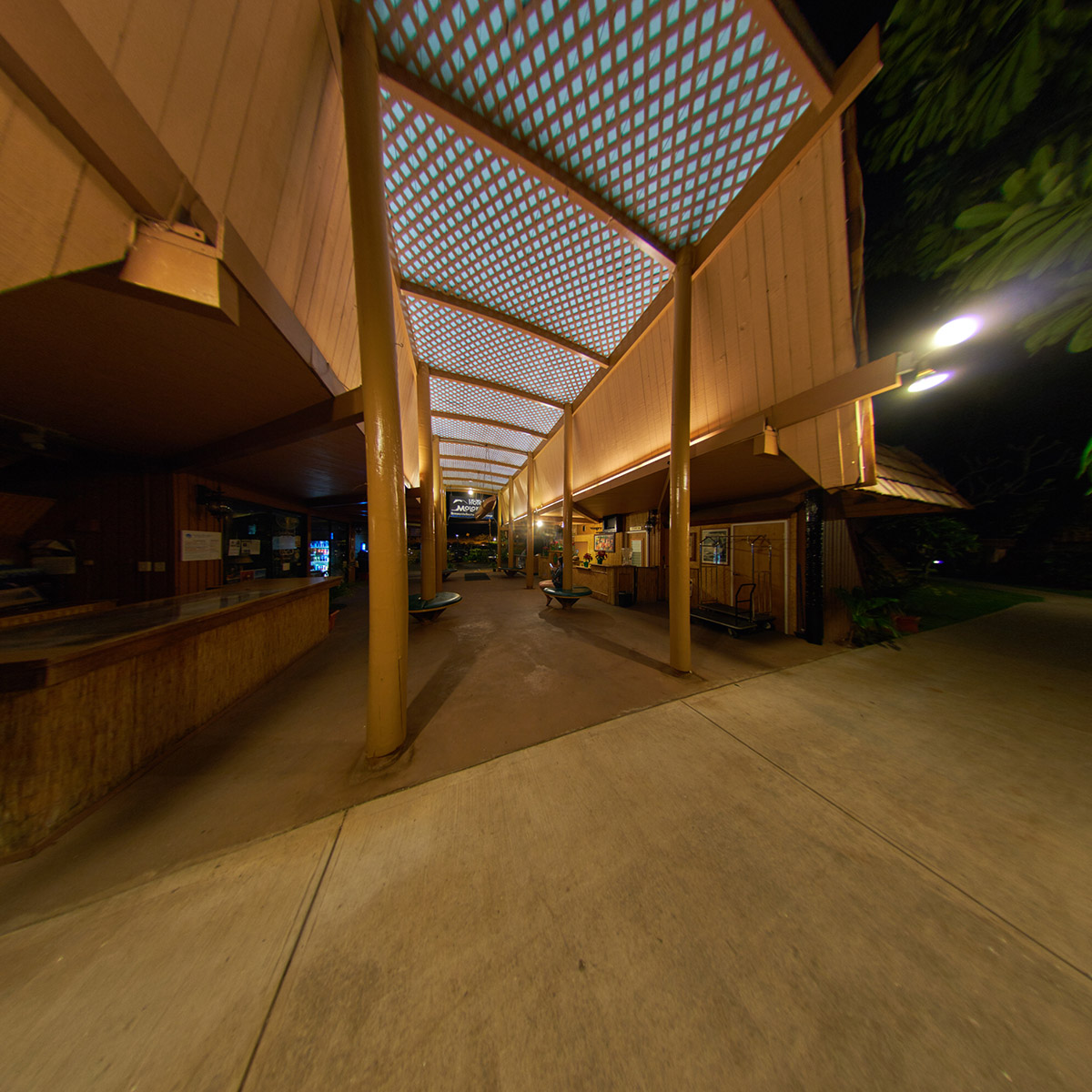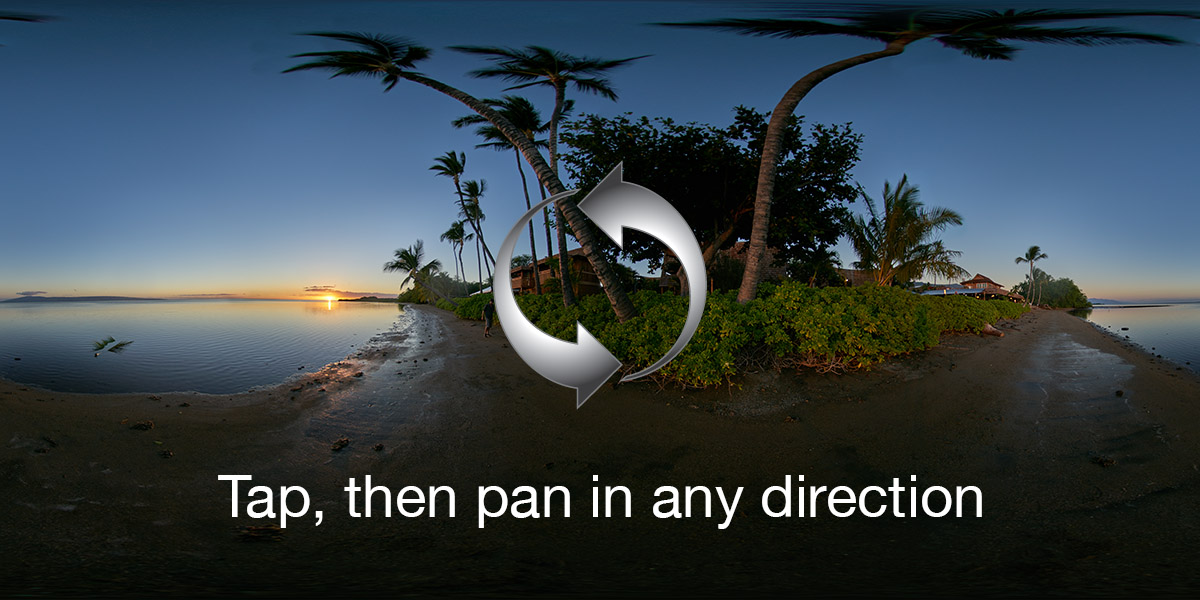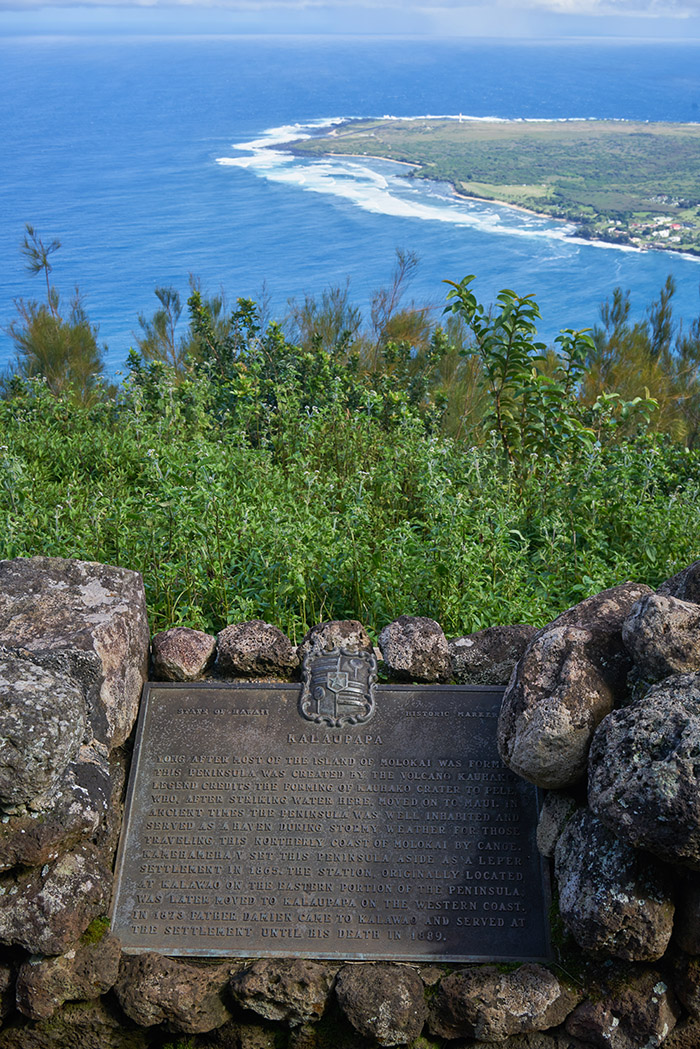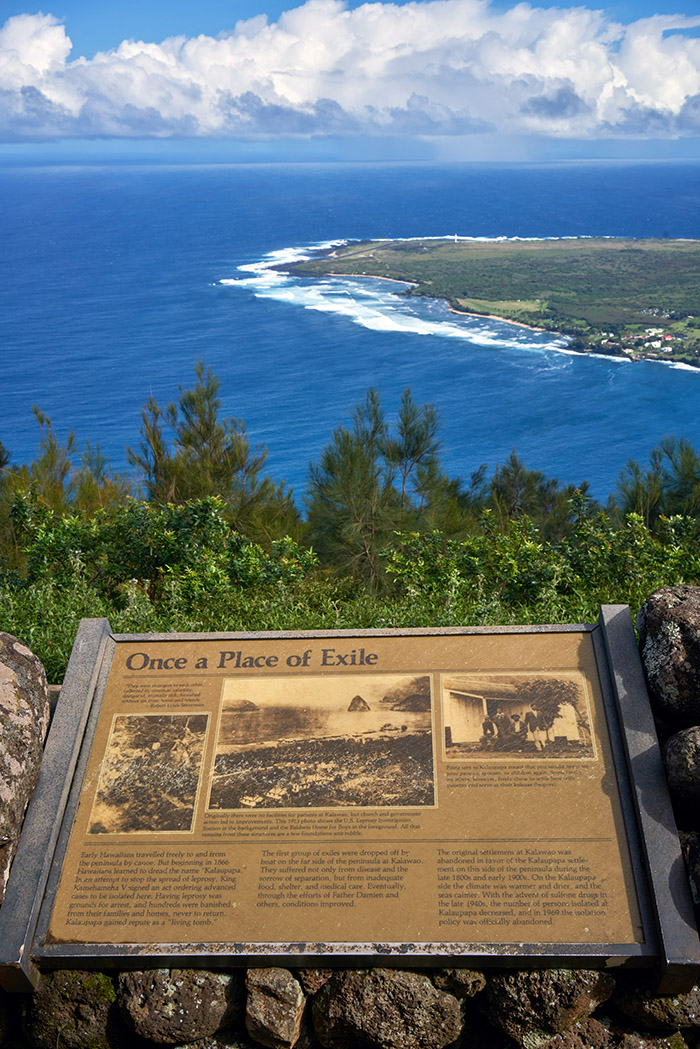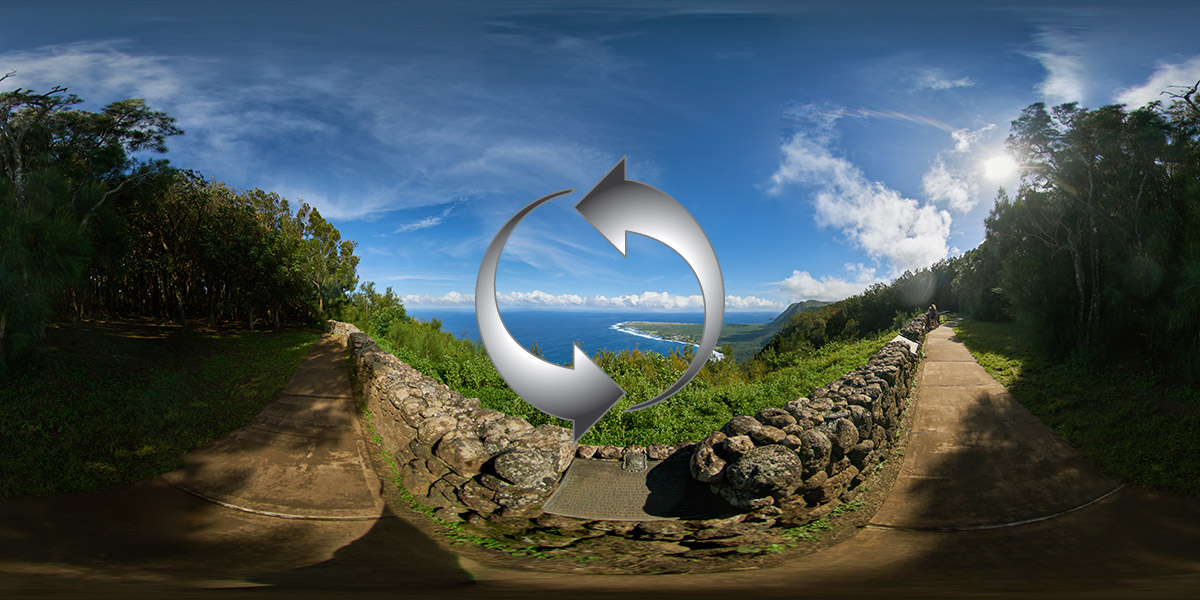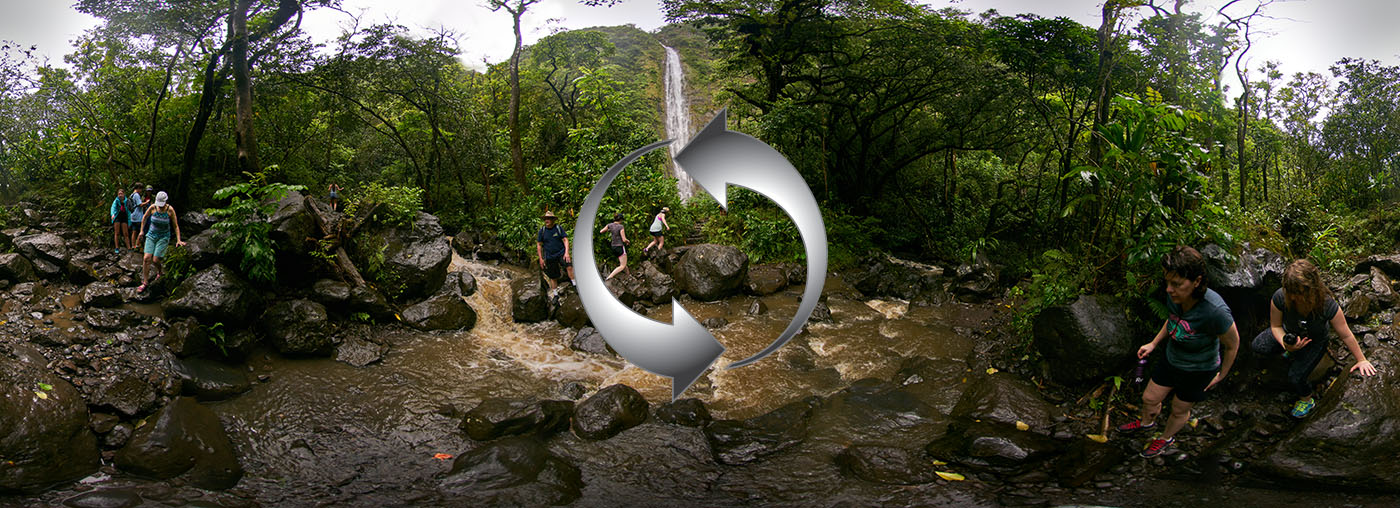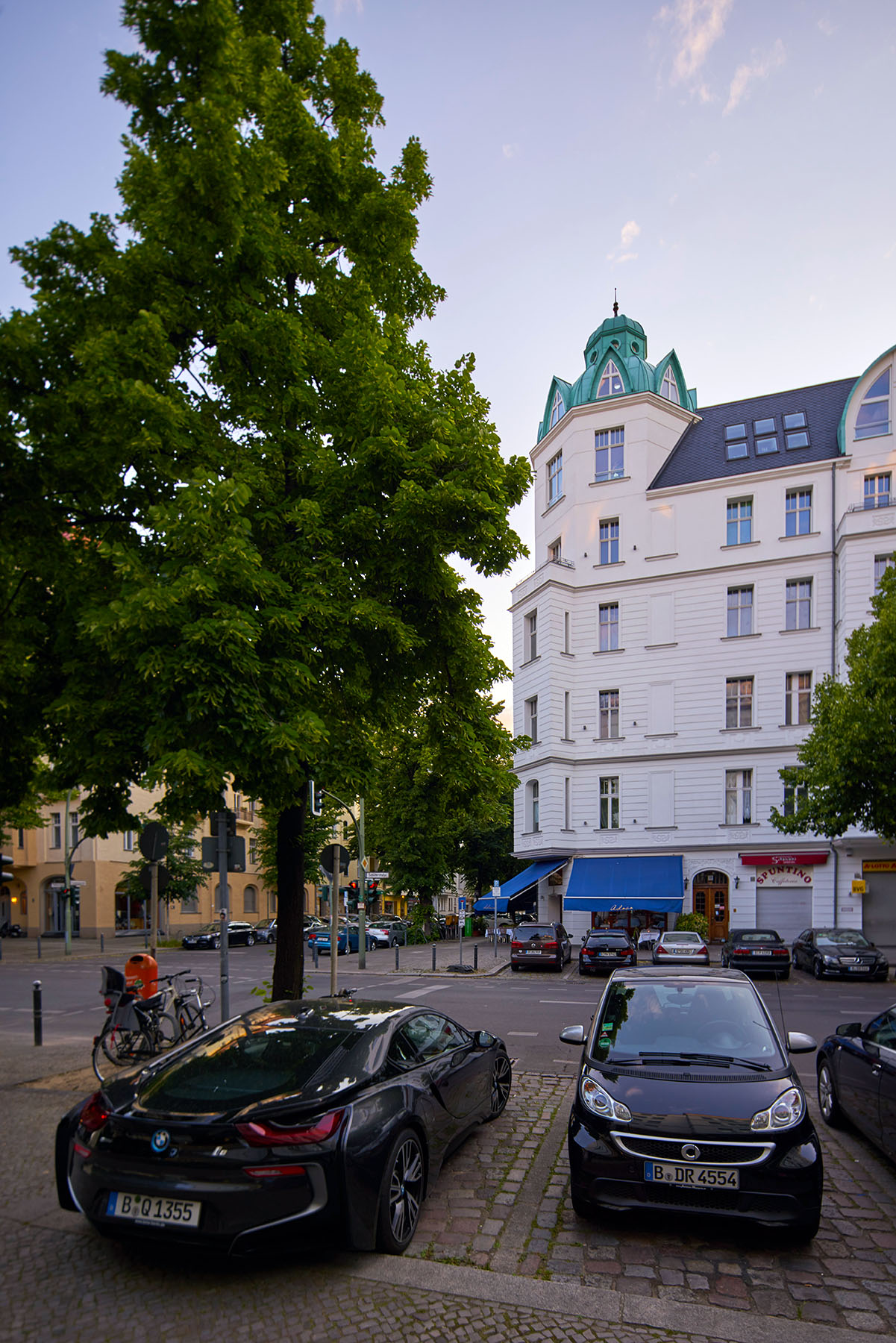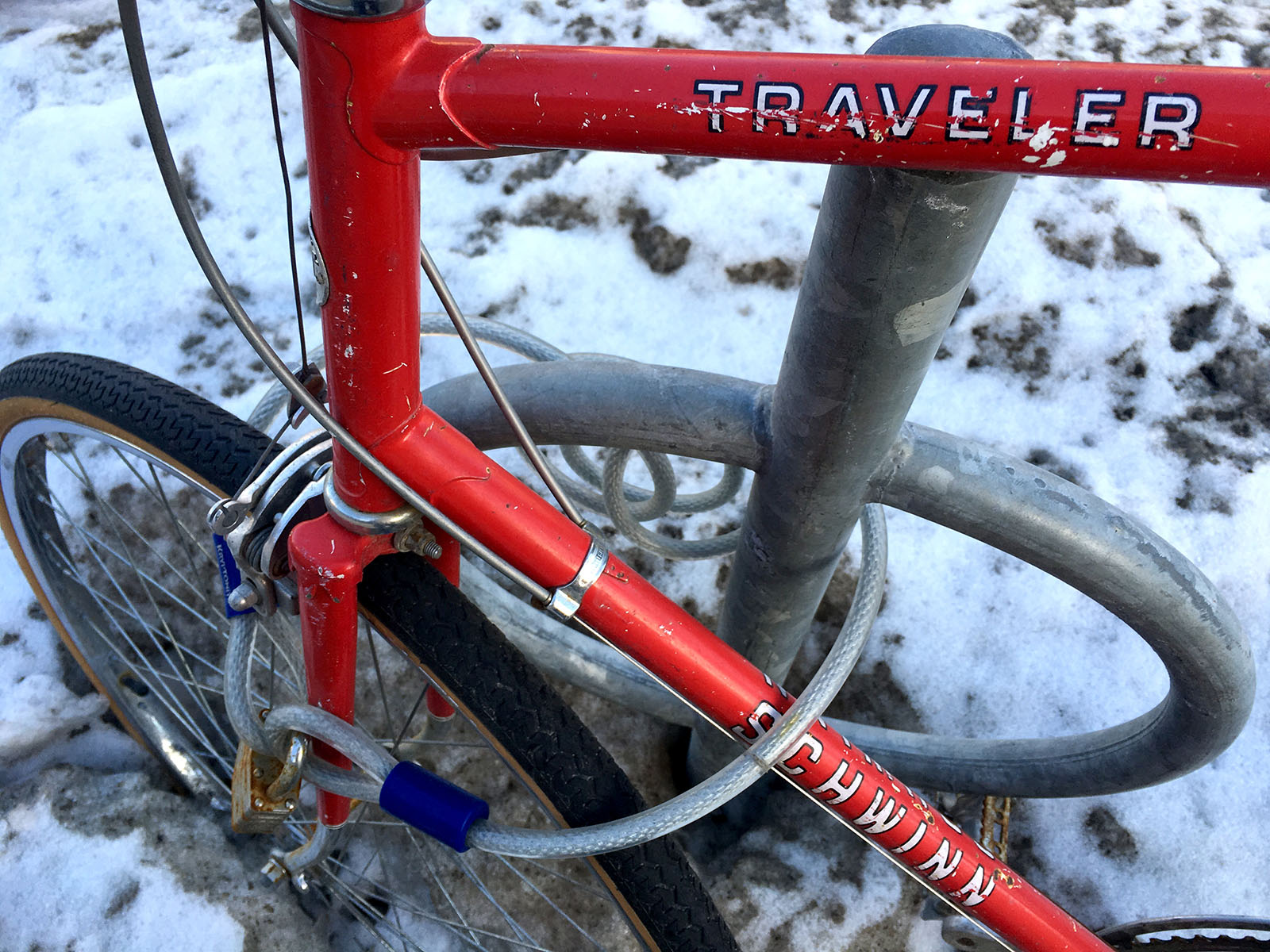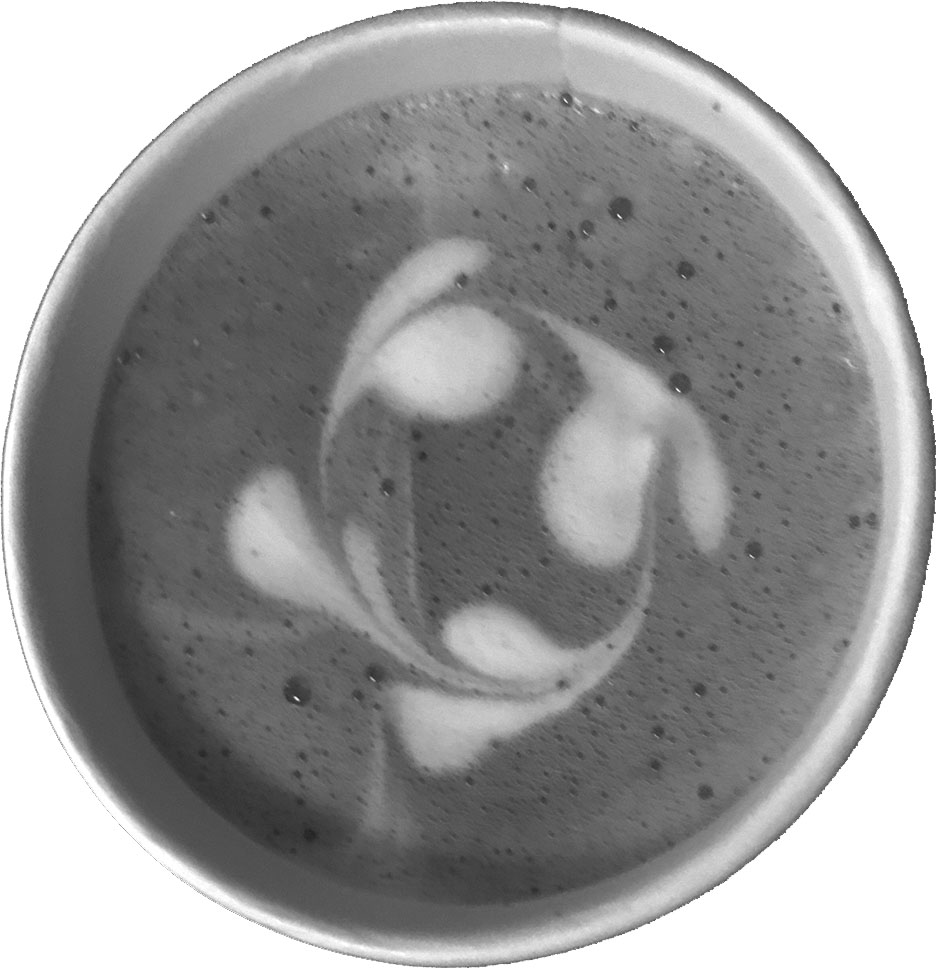Surely old fashioned, yet biweekly, I check the tire pressure on our cars. This being winter, the tires in question are blizzaks.
My club – those who check their tires – is not large [1]. Yet, it is the interloper that is most satisfying.
Recently, it was a fuel truck driver, shivering while disgorging petrol into the nearby underground tanks. He inquired after the reliability and utility of our late model Subaru. I shared positive words, but for the two recalls and a recent hood latch annoyance.
Diving further into autodom, we agreed on the pleasures of German cars as he described two: a VW and BMW. News of his Munich V-8 maintenance costs “we were driving into Chicago….”, included a rather lengthy sigh.

Today’s encounter was deeper and unusually spiritual. Glancing skyward from my pressure gauge, a jet black Ford Mustang gleamed in the afternoon sun. Its owner vigorously wiping fresh soap residue away.
There was more. Fonts and text. Words on the trunk and bumper. A vanity license plate. A sticker facing followers.
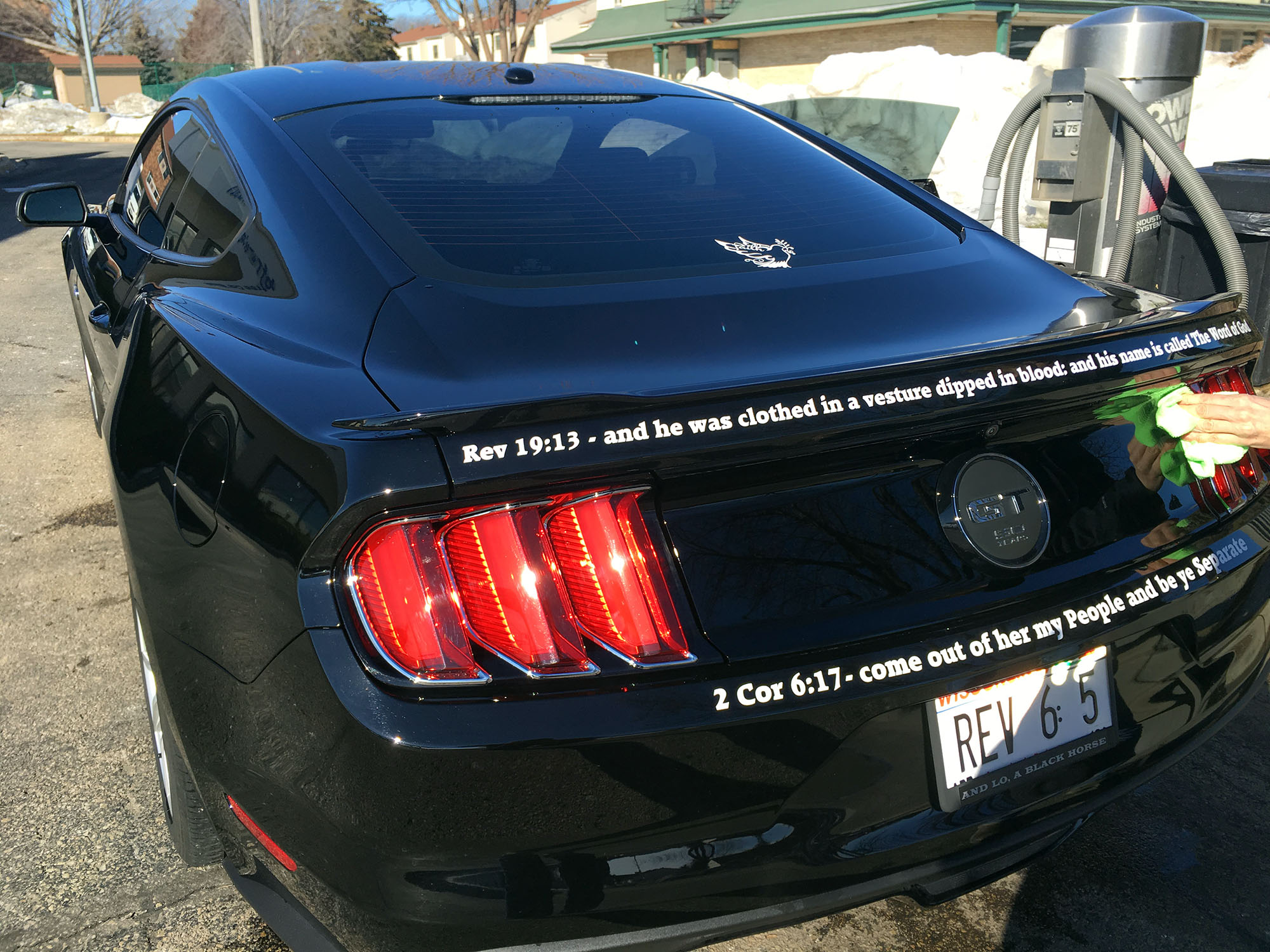
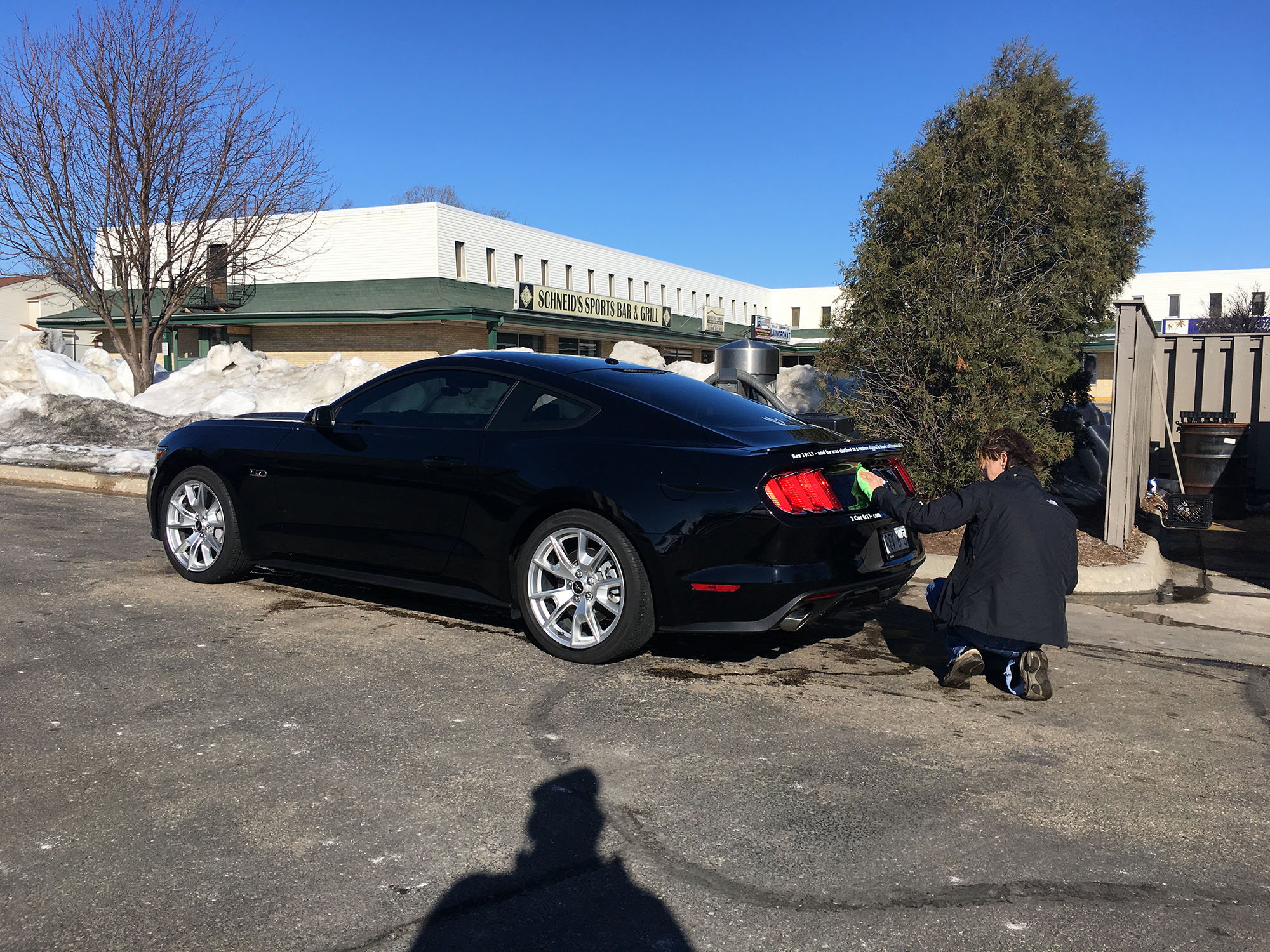

I inquired about the car and verses. Why a Mustang?
“It represents Revelation’s black horse, spiritual famine”.
Fascinating.
The two verses featured on her black Mustang are:
Revelation 19:13 [New International King James Martin Luther Commentary]
2 Corinthians 6:17 [New International King James Martin Luther Commentary]
Vanity Plate: Revelation 6:5 [New International King James]
Those interested in a daily verse (5 languages and notifications) might try the new My Verse app.
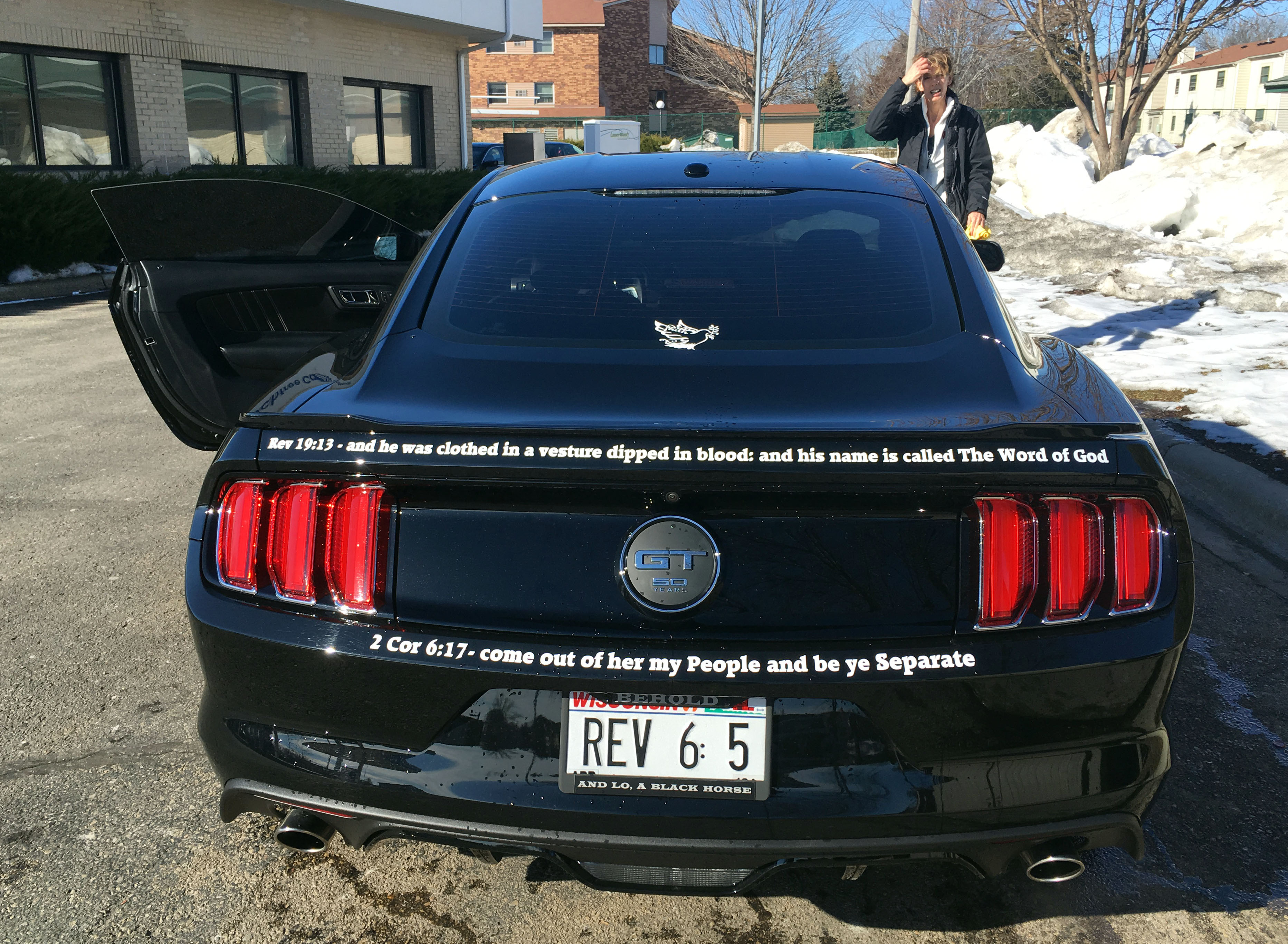
[1] Tire Pressure Special Study.
[2] 2015 Ford Mustang CAR Magazine and duck duck go


